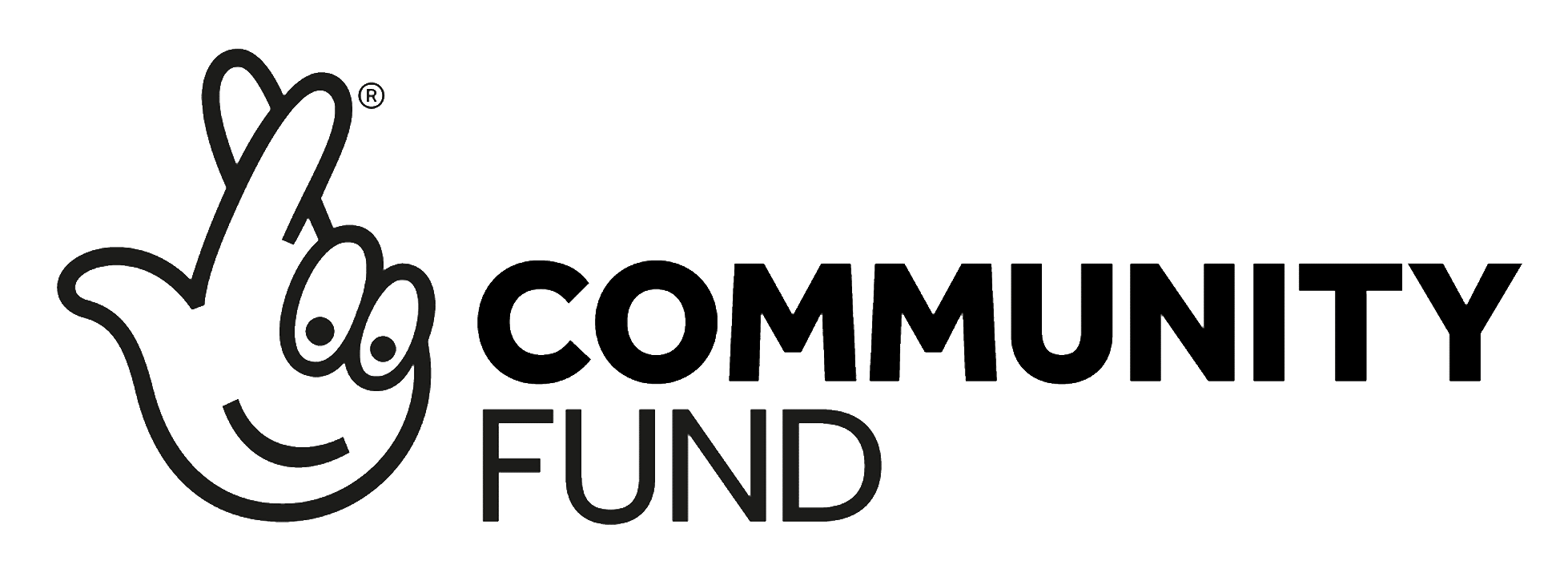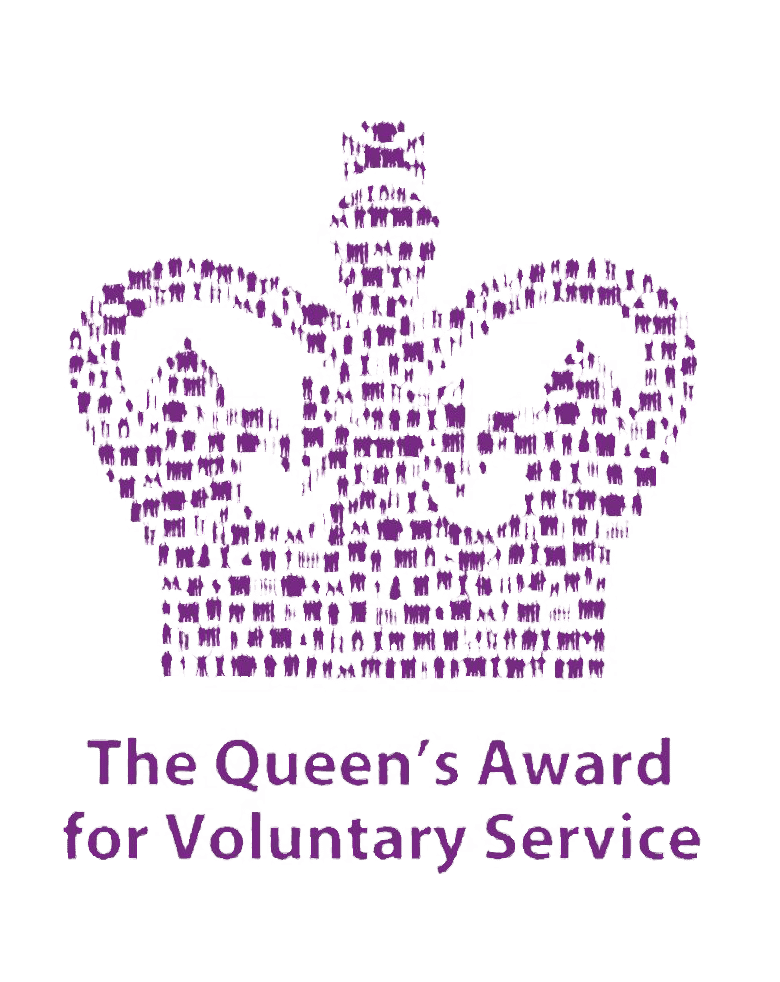Enhancing Your Performance: Utilizing Orchestra Audition Feedback for Improvement

Do you struggle to make the most of your orchestra audition feedback? Many musicians, from those preparing for the Boston Symphony Orchestra jury to aspiring violists and violinists, face challenges in effectively utilizing the insights they receive. This blog post will explore key strategies for reflecting on your audition performance, developing a personalized improvement plan, and implementing feedback during practice. By the end, readers will learn how to turn valuable feedback into actionable steps that enhance their performance and boost their confidence for future auditions.
Understanding the Importance of Audition Feedback

Feedback serves as a crucial tool for growth in the world of music, particularly during orchestra auditions. Understanding the difference between constructive criticism and personal opinions can help musicians refine their skills. Common types of feedback often focus on areas like bow technique, interpretation of a concerto, or overall performance in a symphony. This section will delve deeper into each of these aspects to provide valuable insights for improvement.
Recognizing Feedback as a Tool for Growth
Feedback, whether from a panel or experienced musicians, is an invaluable resource for growth, particularly for aspiring performers looking to join a prestigious group like the Los Angeles Philharmonic. It allows musicians to build confidence while honing their skills on instruments such as the trumpet or cymbal. By paying attention to critiques about technique and interpretation, musicians can identify specific areas for improvement, transforming constructive feedback into actionable steps that enhance their overall performance.
Differentiating Between Constructive Criticism and Personal Opinion
Understanding the distinction between constructive criticism and personal opinion is essential for musicians aiming to enhance their skills. Constructive criticism is objective, focusing on aspects such as bow technique, dynamics, and overall interpretation, which can guide musicians in improving their performance. In contrast, personal opinion may vary based on subjective tastes, including gender-based preferences that do not necessarily reflect skill level or potential within a string quartet setting:
- Constructive criticism is based on specific observations.
- Personal opinion may focus on individual preferences and can be less constructive.
- Aiming for feedback that addresses technical skill and interpretation helps musicians grow.
- Understanding this difference empowers musicians to focus on actionable improvements.
Common Types of Feedback in Orchestra Auditions
During orchestra auditions, musicians typically receive feedback focusing on several key areas that can significantly influence their performance. Common types of feedback may include critiques on stage presence, how effectively a musician manages stage fright, and the execution of pieces vital for concert success, like those played for prestigious venues such as the Metropolitan Opera. Additionally, suggestions regarding technique, such as phrasing on the oboe or blending during group rehearsals, help aspiring musicians refine their skills and prepare for future opportunities:
- Stage presence and management of stage fright
- Technique and interpretation of the music
- Collaboration during rehearsals with other musicians
- Preparation for concert-level performances
- Specific instrument-focused critiques, such as for the oboe
Feedback is a mirror reflecting your strengths and weaknesses. Now, it is time to turn inward and think about your performance.
Reflecting on Your Audition Performance

Reflecting on audition performance is vital for musicians aiming to enhance their skills, whether aspiring to be a concertmaster or mastering the flute. This section will cover analyzing personal strengths and weaknesses, identifying patterns in feedback received, and setting achievable goals based on insights gathered. Each aspect helps build a positive mindset that fosters growth in future blind auditions.
Analyzing Personal Strengths and Weaknesses
Analyzing personal strengths and weaknesses is a vital step for musicians preparing for orchestra auditions. Musicians should focus on their solo performances and how they articulate phrases on their string instruments, as both elements showcase individual skill and expression. By reflecting on feedback received from the committee, musicians can gain insights that help them address any potential discrimination they may face in their music journey and refine their technique effectively.
Identifying Patterns in the Feedback Received
Identifying patterns in the feedback received from orchestra auditions is crucial for a musician‘s development. By analyzing comments regarding their performances, such as interpretations of pieces like “Don Juan,” musicians can discern common themes between critiques on their emotional engagement and technical execution on instruments like the double bass or French horn. This reflective process helps performers understand specific areas to improve, ultimately enhancing their interpretation of classical music and fostering a deeper emotional connection with their audience.
- Review past feedback to spot recurring critiques.
- Focus on emotional and technical aspects highlighted by judges.
- Correlate comments with particular performances, such as “Don Juan.”
- Set specific goals to address consistent improvements on instruments.
Setting Achievable Goals Based on Insights
Setting achievable goals based on insights gathered from audition evaluations is essential for continuous improvement as a musician. For instance, a cellist may identify the need to enhance rhythm and intonation after receiving feedback, allowing them to focus their practice sessions on specific areas. By breaking down their objectives and addressing potential biases in their self-assessment, musicians can create a structured plan that fosters personal growth and prepares them effectively for future auditions.
Every performance holds lessons. It’s time to take those lessons and build a plan for the future.
Developing a Personalized Improvement Plan

Developing a personalized improvement plan is essential for musicians aiming to elevate their performance. It involves prioritizing specific areas for skill enhancement, such as technique on the snare drum or mastery of chamber music. Incorporating feedback into practice routines allows for targeted development, while seeking resources and support from The People’s Orchestra fosters a collaborative culture of growth and improvement.
Prioritizing Areas for Skill Enhancement
Prioritizing areas for skill enhancement is pivotal for musicians aiming to elevate their performances in Events at The People’s Orchestra. By carefully reviewing audition feedback, musicians can identify key skills that require improvement, such as rhythm control or dynamic expression. This structured approach not only maximizes practice effectiveness but also aligns personal goals with the support offered through community programs like The People’s Show Choir.
- Review audition feedback thoroughly.
- Identify specific skills needing enhancement, like rhythm or dynamics.
- Align personal practice goals with community support.
- Utilize resources from The People’s Orchestra.
Incorporating Feedback Into Practice Routines
Incorporating feedback into practice routines is a crucial step for musicians seeking to enhance their performance for orchestra auditions. By actively integrating specific suggestions, such as improving rhythm and dynamics, musicians can create a structured approach to their practice that addresses individual areas of growth. This not only fosters skill development, but also cultivates a sense of community as musicians may seek guidance from peers or mentors at The People’s Orchestra to refine their techniques and interpretations:
- Review specific feedback from auditions carefully.
- Focus practice sessions on the skills that need improvement.
- Engage with community resources for additional support and insights.
- Track progress regularly to stay motivated and aligned with goals.
Seeking Resources and Support for Improvement
Seeking resources and support for improvement is essential for musicians aiming to enhance their audition performances. Engaging with local music programs, such as those offered by The People’s Orchestra, provides opportunities for community involvement and access to experienced mentors. Musicians can also benefit from collaborating with fellow performers, attending workshops, and utilizing online resources to refine their skills and address specific feedback received during auditions:
- Participate in community programs through The People’s Orchestra.
- Collaborate with experienced musicians to gain insights and tips.
- Attend workshops to develop specific skills and techniques.
- Utilize online resources and platforms for additional guidance.
With the plan in hand, the next step draws near. It’s time to put the insights into action and see how they shape each moment of practice.
Implementing Feedback Effectively in Practice

Implementing feedback effectively in practice is key to enhancing performance in orchestra auditions. This section will cover techniques for focused skill development, ensuring musicians target specific areas for improvement. Additionally, strategies for monitoring progress and adjusting approaches will be discussed, along with overcoming challenges and staying motivated throughout the journey. Each topic provides practical insights to support musicians in their growth.
Techniques for Focused Skill Development
Focused skill development begins with taking actionable feedback from auditions and integrating it into daily practice routines. Musicians can enhance their technique by setting specific objectives, such as mastering challenging passages or improving intonation based on critique received from judges. By prioritizing these targeted areas, individuals can create a structured approach to practice that not only promotes accountability but also cultivates a deeper understanding of their instrument, ultimately elevating their performance in future auditions.
Monitoring Progress and Adjusting Strategies
Monitoring progress is essential for musicians committed to improving their performance based on orchestra audition feedback. Regularly tracking specific goals, such as enhancing intonation or refining technique, allows musicians to assess their growth and identify areas that may still need attention. Adapting practice strategies over time, such as adjusting rehearsal techniques or seeking additional guidance from mentors at The People’s Orchestra, helps ensure that musicians stay motivated and effectively address any ongoing challenges.
Overcoming Challenges and Staying Motivated
Overcoming challenges and staying motivated requires a proactive approach from musicians after receiving feedback from auditions. To maintain enthusiasm, performers may find it helpful to set small, achievable goals that build on the feedback, such as dedicating specific practice time to strengthen weaker areas. Engaging with the supportive community at The People’s Orchestra provides additional encouragement, as musicians can share their progress and experiences, fostering a collaborative spirit that helps them stay focused and inspired on their journey to improvement.
Feedback sharpens skills and builds confidence. Now, the journey continues with those who can guide you—a mentor or a peer can light the way ahead.
Collaborating With Mentors and Peers

Engaging with instructors for guidance, participating in workshops and masterclasses, and exchanging constructive feedback with fellow musicians are essential steps in enhancing performance. These practices create opportunities for personal growth, enabling musicians to refine their skills and overcome challenges. Each topic provides valuable insights, fostering a supportive community where collaboration leads to improvement and success in orchestra auditions.
Engaging With Instructors for Guidance
Engaging with instructors for guidance is a vital practice for musicians looking to elevate their performance. By seeking advice from experienced musicians, individuals can gain tailored feedback that addresses specific challenges highlighted during auditions. This interaction not only provides insights into improving technique but also fosters a supportive environment where musicians feel encouraged to ask questions and explore new strategies for growth.
Participating in Workshops and Masterclasses
Participating in workshops and masterclasses offers musicians invaluable opportunities for growth and improvement, especially after receiving feedback from orchestra auditions. These settings often feature experienced musicians who provide tailored insights that address specific challenges faced by performers. Engaging with peers in these environments fosters collaboration and allows musicians to practice new techniques, ultimately enhancing their overall performance.
- Access to experienced musicians for tailored feedback
- Opportunities to practice and refine specific techniques
- Collaboration with peers enhancing the learning experience
Exchanging Constructive Feedback With Fellow Musicians
Exchanging constructive feedback with fellow musicians is an essential component of personal and collective growth within the orchestra community. When musicians share insights based on their recent auditions, they create an environment where everyone can learn and enhance their skills through collaboration. Engaging with peers allows musicians to gain different perspectives on their performances, which can lead to innovative approaches and improved techniques that elevate overall ensemble success.
As mentors shared their wisdom, the confidence within grew. With newfound strength, the focus shifted to preparing for the next big moment: auditions that awaited on the horizon.
Preparing Confidently for Future Auditions

Applying lessons learned from prior auditions sets the foundation for upcoming performances. Musicians can build resilience throughout the audition process, enabling them to face challenges with confidence. By viewing each audition as an opportunity for advancement, performers can embrace growth, ensuring they are better prepared for future opportunities. Each of these elements fosters a supportive environment where personal and collective improvement can thrive.
Applying Learned Lessons to Upcoming Performances
Applying lessons learned from previous orchestra auditions can significantly enhance a musician‘s confidence and performance in upcoming opportunities. By reflecting on feedback received, musicians can identify specific areas that require attention, enabling them to focus their practice effectively. This targeted approach not only builds skill but also fosters a mindset geared toward growth, allowing individuals to approach their next audition with renewed assurance and clarity.
Building Resilience Throughout the Audition Process
Building resilience throughout the audition process is essential for musicians as they navigate the challenges of performance. By cultivating a positive mindset and treating each audition as a learning opportunity, musicians become more adept at handling setbacks and criticism. Engaging with the supportive community at The People’s Orchestra can further bolster this resilience, as sharing experiences and receiving encouragement from peers helps performers thrive in future auditions.
Viewing Each Audition as an Opportunity for Advancement
Viewing each audition as an opportunity for advancement sets a positive tone for growth in musicians. When performers embrace auditions not just as evaluations but as valuable experiences, they foster resilience that enhances their journey. Engaging with feedback can transform challenges into stepping stones, allowing them to refine techniques and connect more deeply with their craft, ultimately preparing them for future successes.
Conclusion
Enhancing performance through orchestra audition feedback is a vital step for musicians committed to growth and improvement. By recognizing feedback as a constructive tool, musicians can identify specific areas for enhancement and confidently set actionable goals. Engaging with community resources, including mentorship and collaborative practice, fosters an environment of support and shared learning. Ultimately, viewing each audition as a valuable opportunity propels musicians forward on their journey to excellence, enriching both their personal artistry and the broader musical community.






